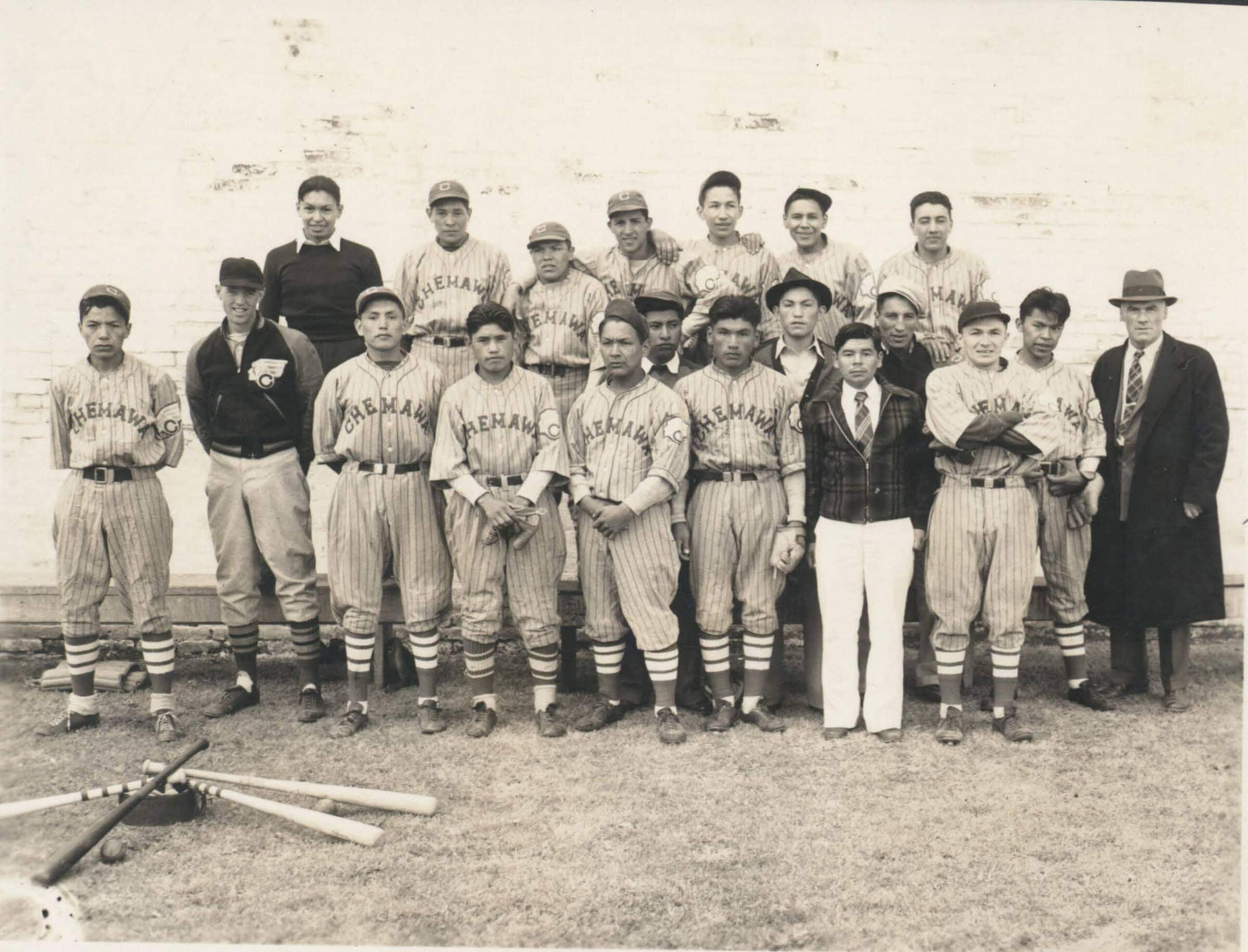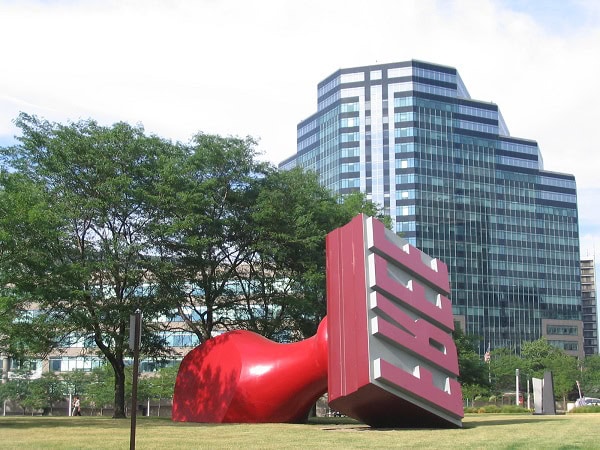Forum on European Expansion and Global Interaction
FEEGI announces the winners of its new biennial awards for outstanding scholarship. The winner of the 2013 Biennial Article Prize is Sebastian Prange (assistant professor of history, Univ. of British Columbia) for his article “A Trade of No Dishonor: Piracy, Commerce, and Community in the Western Indian Ocean, Twelfth to Sixteenth Century,” published in American Historical Review 116 (2011).
Honorable mention for the Article Prize is awarded to Randy M. Browne (assistant professor of history, Xavier Univ.) for his article “The ‘Bad Business’ of Obeah: Power, Authority, and the Politics of Slave Culture in the British Caribbean,” published in William and Mary Quarterly 68, no. 3 (2011).
The winner of the 2013 FEEGI Biennial Book Prize is Brett Rushforth (associate professor of history, Coll. of William and Mary) for Bonds of Alliance: Indigenous and Atlantic Slaveries in New France (Univ. of North Carolina Press for the Omohundro Institute of Early American History and Culture, 2012).
The winner of the 2012 prize for best paper presented by a graduate student at the FEEGI Biennial Conference is Ernesto Bassi for “Turning South before Swinging East: Geopolitics and Geopolitical Imagination in the Southwestern Caribbean after the American Revolution.” Ernesto was a graduate student in the history department at the University of California, Irvine when he presented his paper at the April 2012 FEEGI meeting. He has since completed his dissertation and is now assistant professor of history at Cornell University.
FEEGI plans to hold its next biennial meeting in New Orleans during spring 2014. More information on FEEGI can be found at www.feegi.org.
Labor and Working-Class History Association
The Labor and Working-Class History Association (LAWCHA) will hold its national conference around the theme of “Rights, Solidarity, and Justice” in New York City, June 6–8, 2013. More than 80 sessions of academic panels, roundtables, workshops, and plenaries will focus on how varied groups of working people have organized historically to challenge their employers, each other, their communities, and the state to seek justice and improve their lives. In the present moment, faced with obstacles to organizing that evoke the past, workers and their allies are creating innovative organizational forms and strategies in the United States and around the world.
Graduate students, labor educators, public school teachers, labor activists, as well as academic historians and social scientists are well represented on the program. Panels explore such wide-ranging historical topics as precarious and excluded workers, sex work and state regulation, workers’ resistance to the carceral state, empire, working-class feminist organizing and labor politics, and the meanings of citizenship.
A significant share of the program addresses contemporary issues facing workers: blue-green alliances and environmental struggles, “guerrilla history” and the Wisconsin struggle, Chicago teachers and social movement unionism, contingent faculty as a new majority in universities, and labor history and civic engagement. The program also includes updates on struggles to save sites of labor’s public memory at Blair Mountain, West Virginia; Lawrence, Massachusetts; and Ludlow, Colorado. Scholars and activists from a number of other countries—Australia, New Zealand, United Kingdom, Canada, France, Sweden, Brazil, Mexico, Japan, Denmark, Austria, and Turkey—will also be part of the program. A plenary session on the opening day of the conference will feature activists and scholars Frances Fox Piven, Richard Wolff, Bill Fletcher, and Saket Soni discussing “The Assault on Labor and the Public Sector: Strategies for Resistance in the Post-Election Environment.”
Most sessions will be held at the Brooklyn College Graduate Center for Worker Education, 25 Broadway in lower Manhattan (near the Bowling Green subway station). Program details and information about registration and housing are available at the LAWCHA website. All are welcome to join us for what promises to be a very exciting conference.
Newberry Library, D’Arcy McNickle Center for American Indian and Indigenous Studies
The Newberry Library presents “Why You Can’t Teach US History without American Indians,” a Newberry symposium commemorating the 40th year of the McNickle Center on May 3–4, 2013. Sponsored by the Office of the Dean of Graduate Studies at Michigan State University, the symposium is free and open to the public.
For generations US historians wrote the nation’s story as if Indians did not exist, or at best, they marginalized Indian peoples as unimportant actors in the national drama of revolution and democratic state formation. Despite the large number of faculty trained in American Indian history very little has changed and most college-level students who enroll in large survey courses in US history learn about Indians during the initial stages of encounter and then, Indians are often depicted as succumbing to epidemic diseases or being pushed off their lands by westward expansion.
The mission of this symposium is to change how historians teach US history. Today, we are fortunate to have a large number of faculty who teach American Indian studies and the knowledge base that these scholars possess is profound, thoroughgoing, and expansive. These new perspectives need to be better incorporated into the interpretation and writing of history. Repeatedly, we hear faculty proclaim that they would include Indians if they were more central to mainstream history. This symposium intends to challenge that perspective and to provide a new expanded resource for college level faculty.
RSVP to mcnickle@newberry.org by April 26, 2013. For a full list of participants, papers, and sessions, visit the “Why You Can’t Teach U.S. History without American Indians” web site.
Society of Architectural Historians
The Society of Architectural Historians (SAH) is pleased to announce two new opportunities for 2013: The SAH/Mellon Author Award and the H. Allen Brooks Travelling Fellowship.
The Andrew W. Mellon Foundation has awarded SAH a one-year grant of $51,330 to administer the SAH/Mellon Author Awards. The award is a temporary measure to provide financial relief to early career scholars who are publishing monographs on architectural history and the history of the built environment, and who are responsible for paying for rights and permissions for images in their publications. Through this grant SAH will provide awards to emerging scholars (those with PhDs earned during the past six years) to help defray the high costs of image licensing and reproduction for monographs on the history of the built environment. Awards will be made once in 2013 for print (hardcover, soft cover) and digital publications (e-book, DVD). Awardees will be selected on the basis of the quality and demonstrated financial need for their project. The SAH anticipates awarding approximately 10 SAH/Mellon Author Awards in 2013. The deadline for submission is June 1, 2013.
The prestigious H. Allen Brooks Travelling Fellowship will allow a recent graduate or emerging scholar to study by travel for one year. The fellowship is not for the purpose of doing research for an advanced academic degree. Instead, Professor Brooks intended the recipient to study by travel and contemplation while observing, reading, writing, or sketching. The goals are to provide an opportunity for a recent graduate with an advanced degree or an emerging scholar to see and experience architecture and landscapes firsthand; to think about their profession deeply; and to acquire knowledge useful for the recipient’s future work, contribution to their profession, and contribution to society. The fellowship recipient may travel to any country or countries during the one-year period. This fellowship is funded by the H. Allen Brooks Travelling Fellowship Fund.
For more information on these opportunities, visit the Society of Architectural Historians web site.
Perspectives on History publishes news and announcements from affiliated societies each month as space allows. Submissions should be less than 500 words and include contact information. If you have news you would like to share with fellow AHA members, e-mail it to Perspectives on History with the subject line “Affiliate News,” or upload it through the Perspectives submission page. Submissions may be edited for length and style.
This work is licensed under a Creative Commons Attribution-NonCommercial-NoDerivatives 4.0 International License. Attribution must provide author name, article title, Perspectives on History, date of publication, and a link to this page. This license applies only to the article, not to text or images used here by permission.


